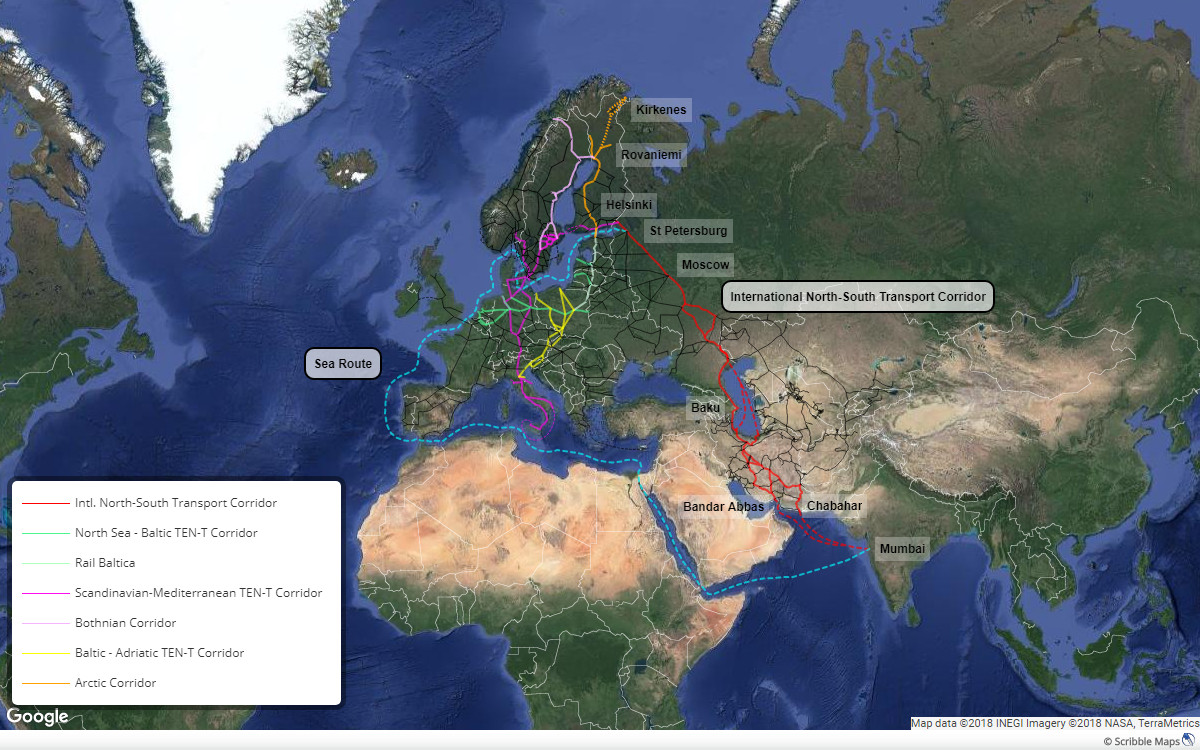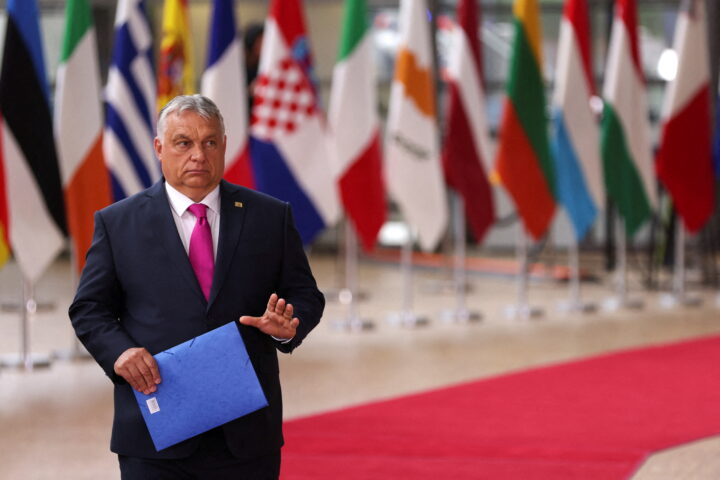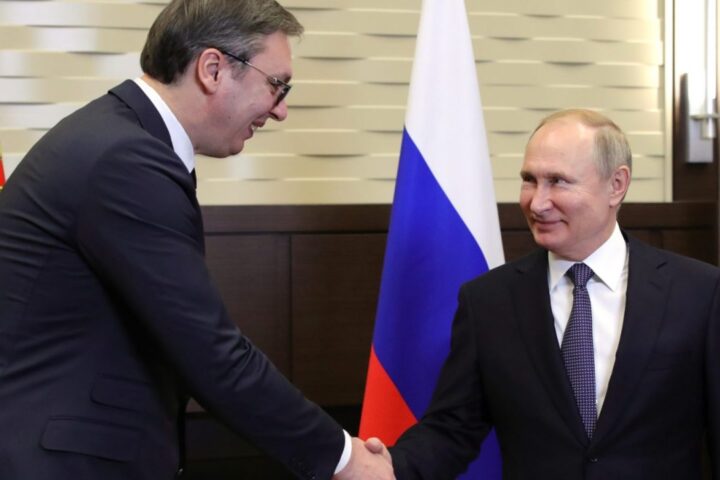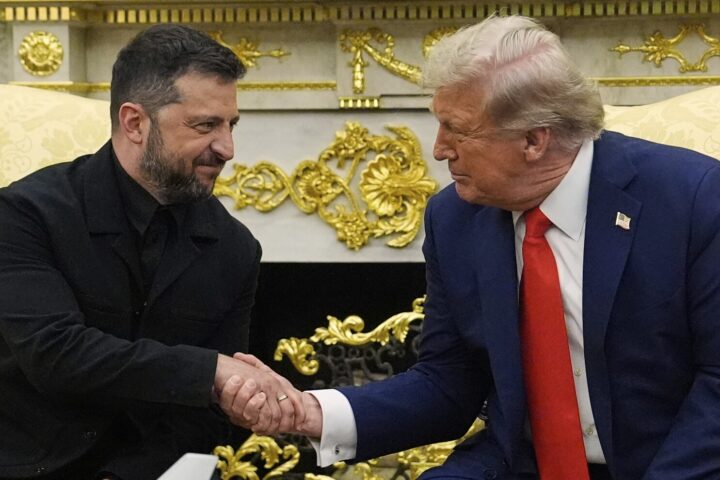Ukraine is moving to the center of Europe’s infrastructure map as it takes an active role in the development of the North-South transport corridor, a project aimed at diversifying freight flows and strengthening connections between the Baltic region, Poland and Ukraine. At a joint meeting with Latvian partners on 3 September, officials underlined Kyiv’s readiness to participate in the Three Seas Initiative, framing the effort as both an economic step and a geopolitical realignment linking the Baltic and Black Seas.
Strategic necessity for European connectivity
Business leaders, port operators and government representatives highlighted that the initiative cannot fully succeed without Ukraine’s participation. The country’s ports and rail corridors are described as essential for connecting the Baltic, Black and Adriatic seas, underscoring Ukraine’s role as an equal partner in shaping continental unity, security and growth. Ukrainian operators are not only engaging in integration talks but also proposing concrete models for sustainable development, which could underpin Europe’s stability while driving Ukraine’s post-war recovery.
Security, logistics and new standards
Officials stressed that Ukraine’s involvement extends beyond rebuilding war-damaged infrastructure. The government is promoting new transport routes that reinforce Europe’s energy and food security by reducing dependence on vulnerable supply chains. At the same time, models of public-private partnership and investment resilience, forged during wartime, are being presented as examples of governance innovation for EU states seeking to strengthen their own systems.
A geopolitical project with long-term impact
The creation of the North-South transport corridor is seen as more than an economic venture. It positions Ukraine both as a barrier against aggression and as a bridge connecting northern and southern Europe through modern logistics. Participation in the Three Seas Initiative also opens the way for private and institutional capital to flow into transport, energy and technology sectors. Observers note that Ukraine’s role is becoming a catalyst for the initiative’s investment fund and a driver of long-term strategic commitments across Europe.
Nuclear partnership between Russia and China raises U.S. concerns
In parallel with Ukraine’s infrastructure push, Russia and China are deepening their cooperation in nuclear energy, a development raising alarms in Washington. Moscow is supplying Beijing with reactors, uranium and advanced technologies, increasing China’s dependence on Russian resources and potentially amplifying Moscow’s leverage. Analysts warn that if this partnership expands, China could strengthen its position in civilian and military nuclear domains, challenging U.S. leadership in the sector.
Risks for global balance of power
Enhanced Chinese nuclear capacity, backed by Russian support, could shift the balance of power in both civilian energy and defense, adding risks for nuclear non-proliferation. While the United States seeks to modernize its own nuclear infrastructure, the scale of cooperation between Moscow and Beijing signals a strategic alliance outside Western institutions, with implications for global security and technological competition.












